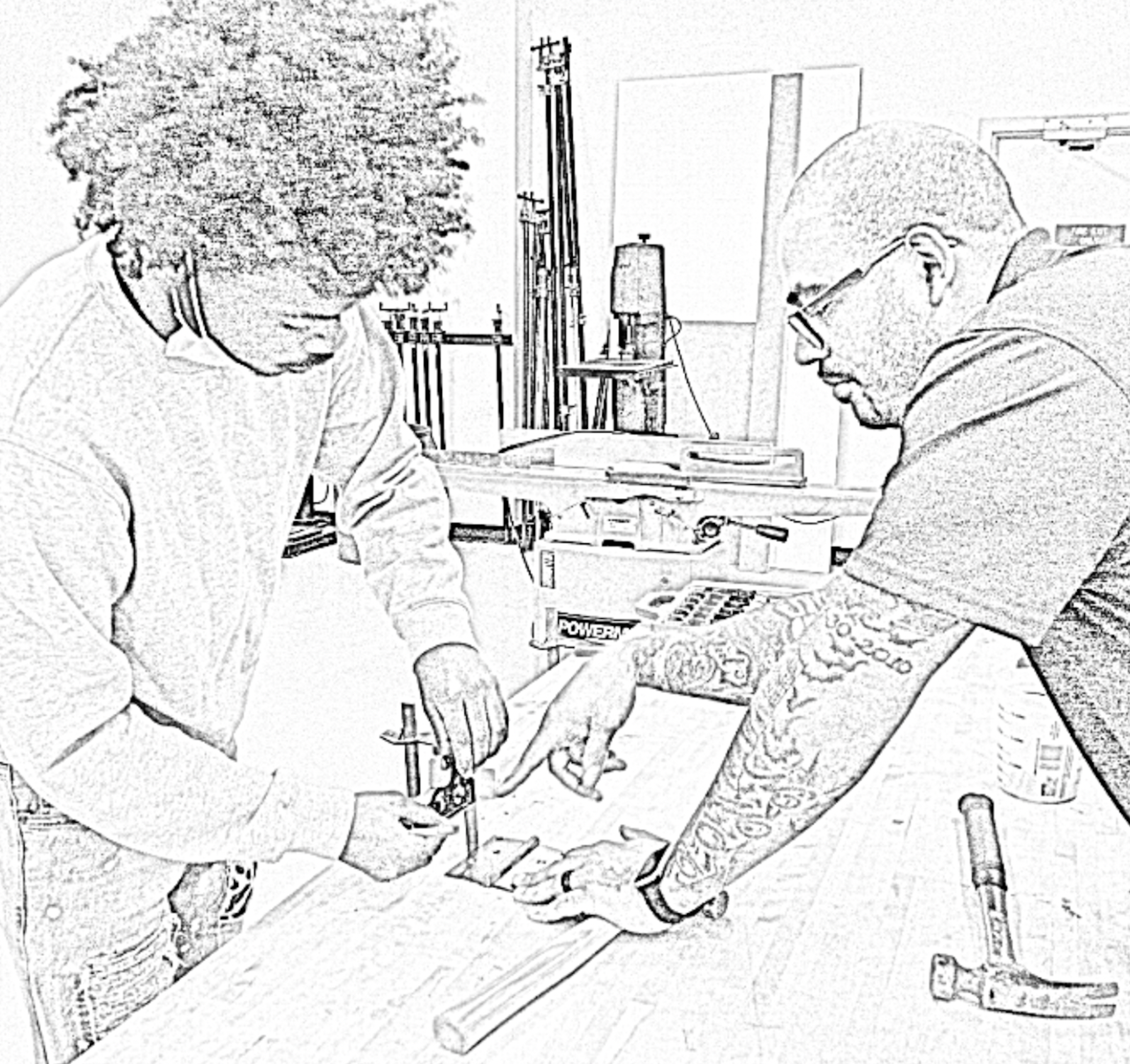A student-centered learning model allows students to choose the WHY, WHAT, and HOW of their learning. Personalization expands beyond mere academic work and involves looking at each student individually and holistically.
Skip to content

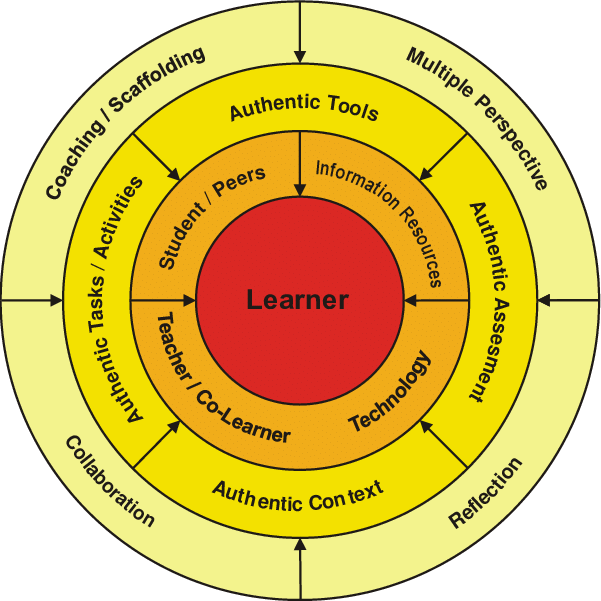
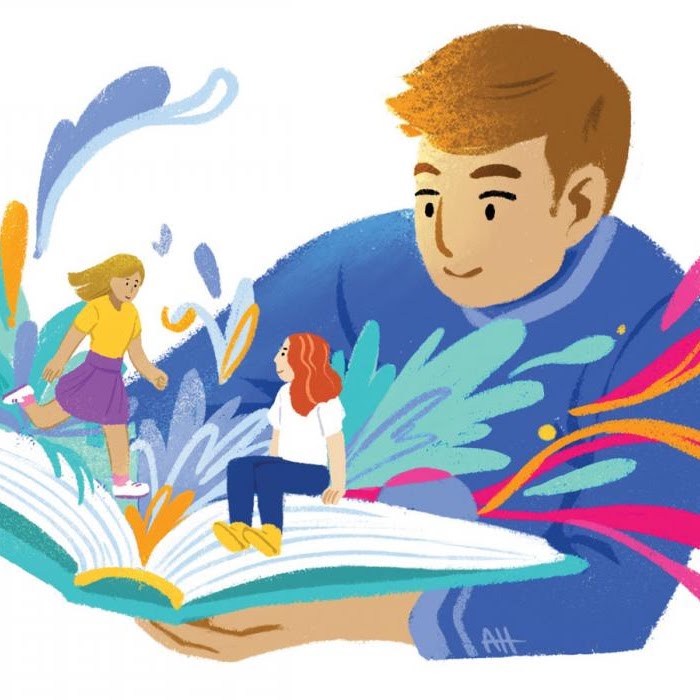


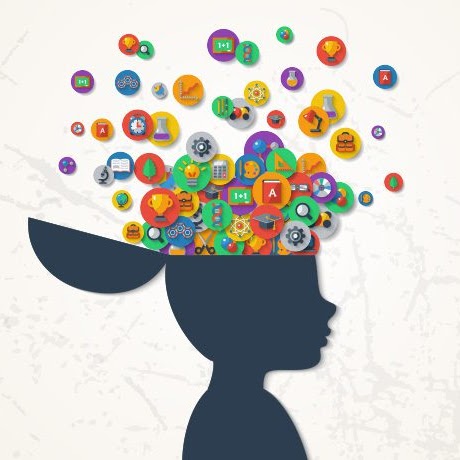
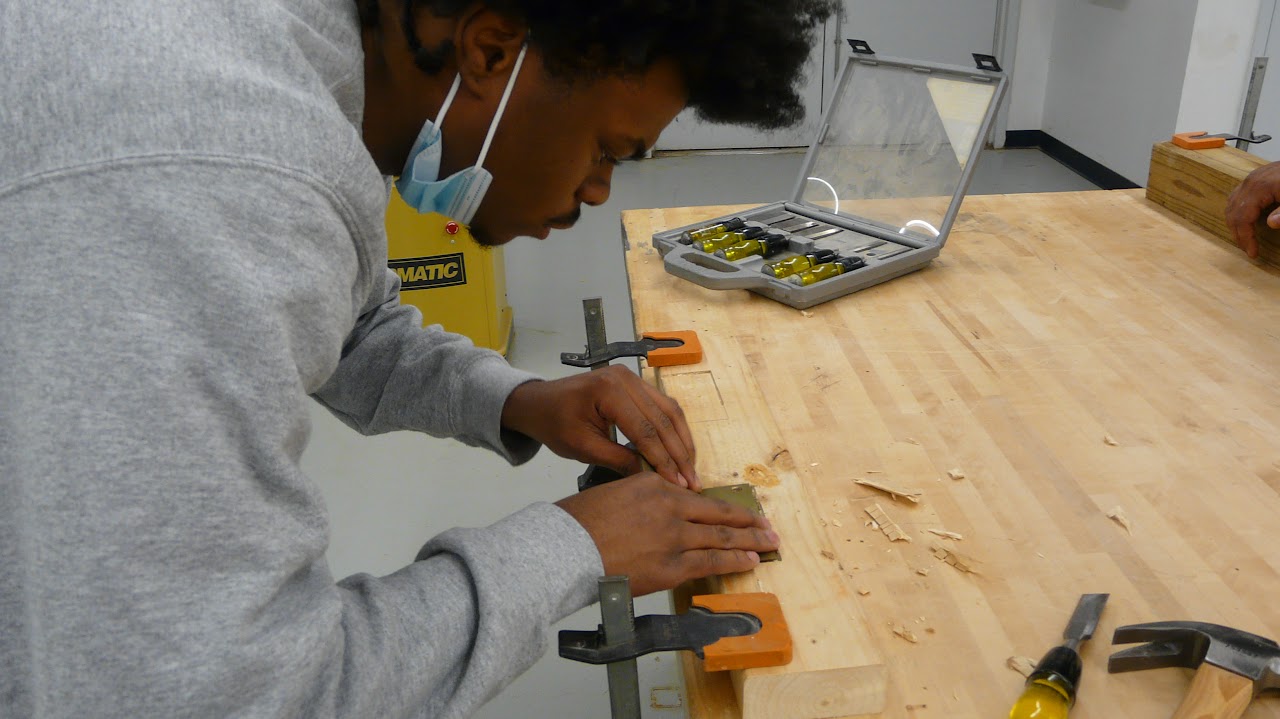
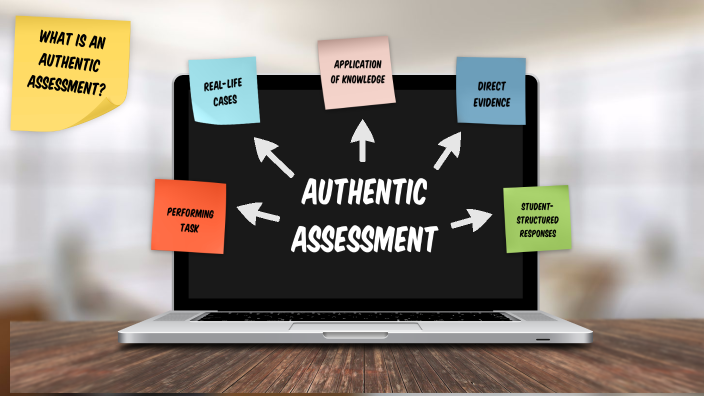
Personalized Learning
Advisory

The advisory structure is the core organizational and relational structure of a Big Picture school. It is the heart and soul of the school and is often described as the “home” and “second family" by students. All BPL schools have a small number of students (goal of 15) with one advisor for a minimum of two years (preferably four).
The advisor's role is to manage the students’ LTIs and individual Student Success Plans. To do this, the advisor must get to know each student and his or her family well (this includes home visits and one-on-one meetings with each student). Though certified in one area, the advisor does not “teach” his or her subject area; rather she/he draws upon many disciplines to meet the needs of each student, their projects, and the advisory activities. Ultimately, the success of the student is the responsibility of the advisor.
The advisor also organizes the "advisory time" (times during the day when the group meets) in the morning and the afternoon to meet the needs of the students. She/he facilitates the group activities that are designed to expose students to new ideas and concepts, provide academic learning opportunities, create a group identity and group process, and build a sense of belonging and trust in school and the educational process.

Student-Centered

Student-Ownership
Here, we develop the capacity of students to take the LEAD in their learning so they learn what they want in a way that works best for them. Students also take on leadership roles within the school, and teamwork defines the adult culture. Student voice is valued in the school decision making process. A student-led learning experience encourages student ownership.

Relationships
Establishing high quality working relationships
Surfacing interests and curiosities
Facilitating a supportive advisory culture
Engaging with and amplifying student voice
Engaging with and amplifying family voice
Developing authentic relationships
Facilitating a culture valuing diversity and belonging

Relevance
Utilizing 1 on 1 conferences to support interest driven learning
Facilitating authentic learning experiences
Facilitating community partnerships aligned with student interests
Engaging with families in the post-high school planning process
Facilitating relevant learning experiences
Facilitating individualized learning plans (Student Success Plans)
Developing and exploring student interests

Rigor
Facilitating a culture of high expectations
Facilitating a culture of celebration of growth and effort
Utilizing authentic assessments
Soliciting and utilizing feedback from students and families
Facilitating realistic self-appraisal
Facilitating play and creativity
Unlearning how to do school

Real-World Learning
Real-world learning involves completing authentic projects and gaining experience and exposure to how personal interests intersect with the real world.

Authentic Assessment
While we still employ traditional tests, we also assess students through public displays of learning that track growth and progress in the student’s area of interest. Assessment criteria are individualized to the student and the real world standards of a project.
